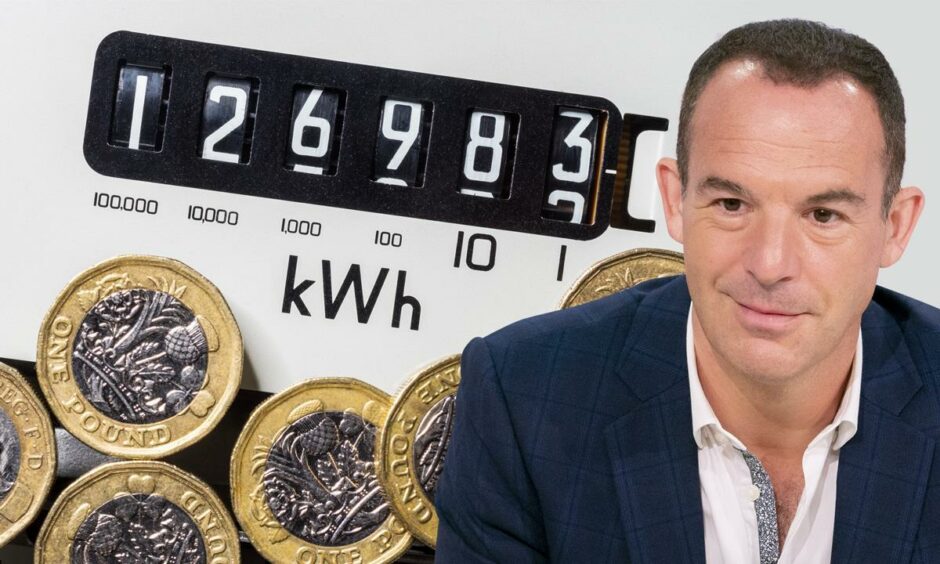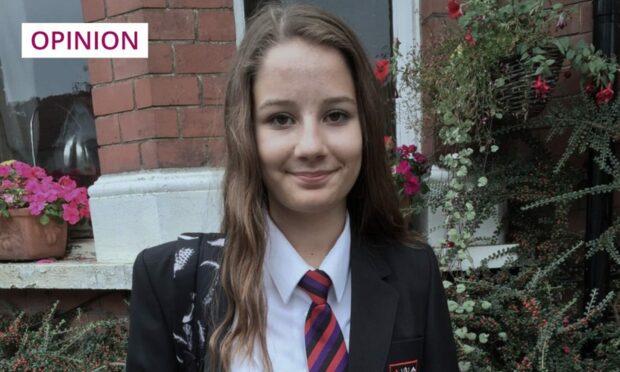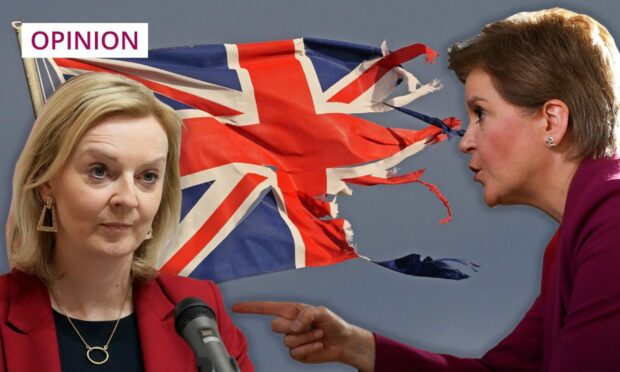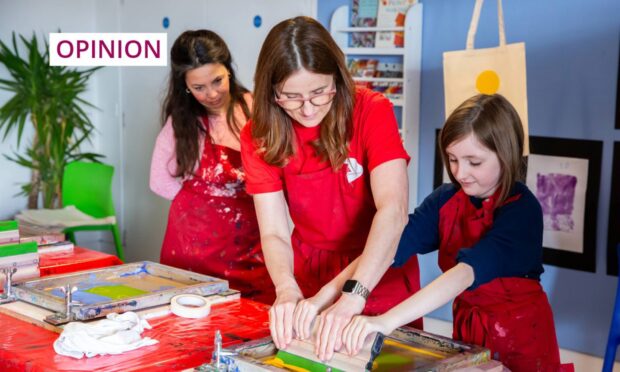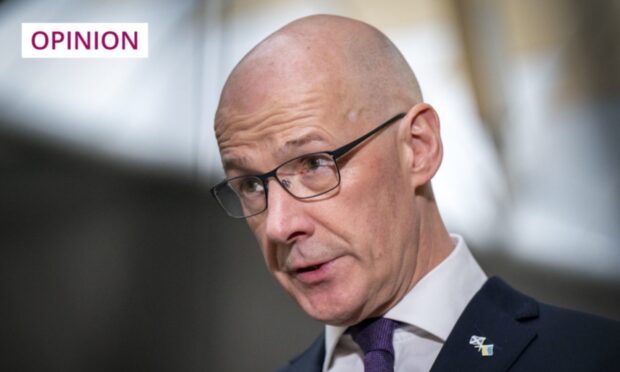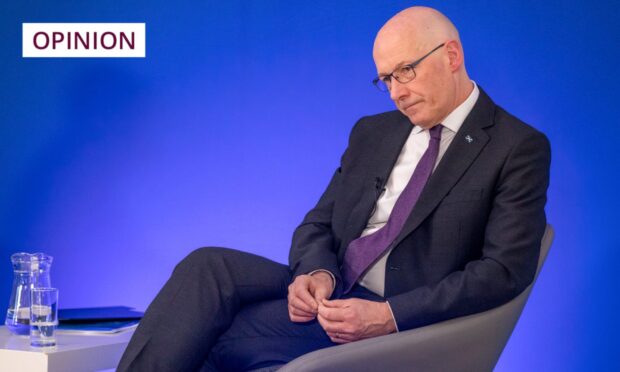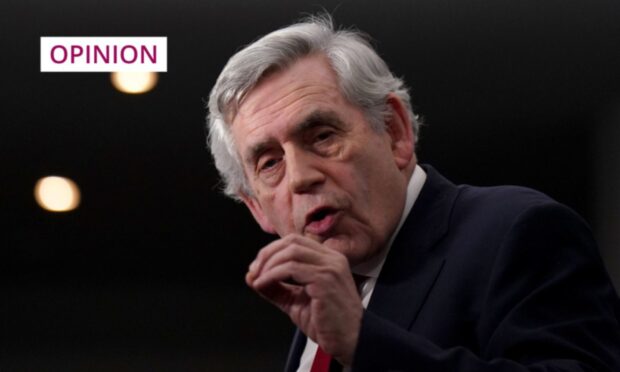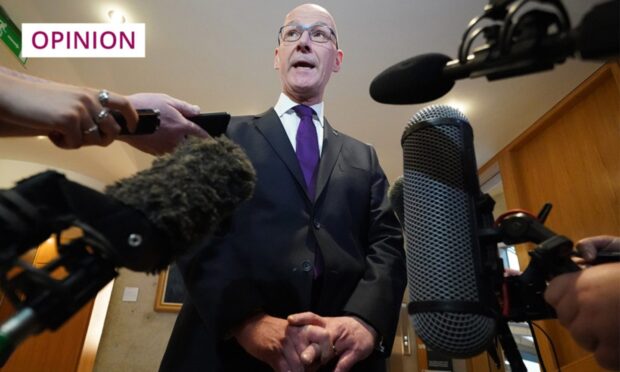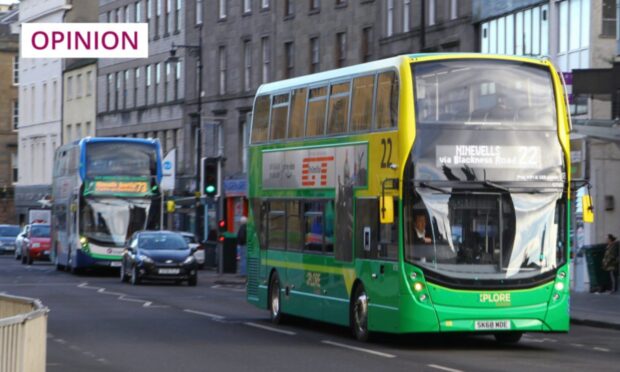We all suffered during the pandemic. Its universality didn’t make it any easier to cope with, but there’s no doubt we were in it together.
With the exception, it seems, of those living and working in No.10 Downing Street, we all had the same set of rules and restrictions to follow.
We all had to abide by them, but they affected each of us in different ways.
Some suffered more than others. There is obviously a huge difference between being cooped up in a two-bedroom flat-share without access to a private garden and being locked-down in a comfortable family home with your own outdoor space.
But there’s a new crisis in town that looks set to be every bit as destructive as the pandemic.
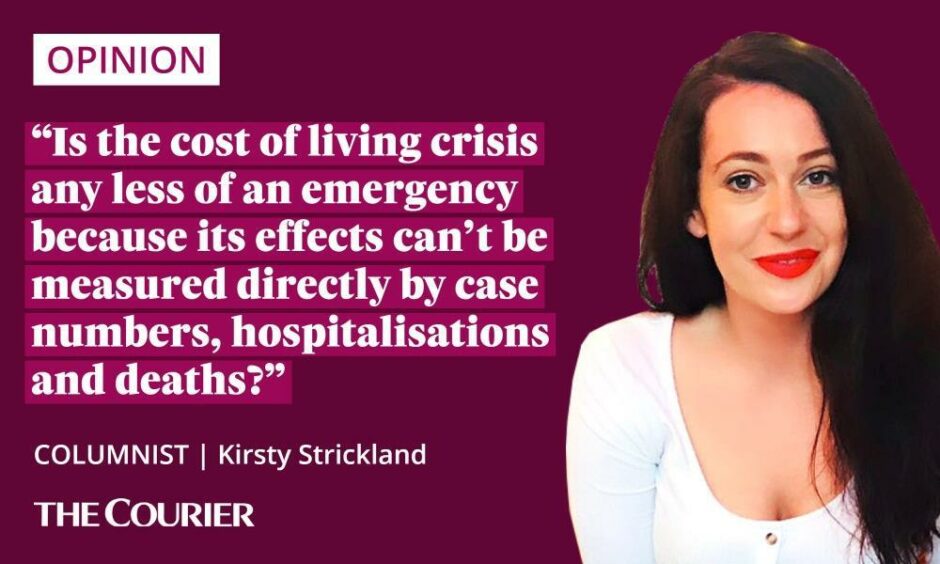
The cost of living crisis will affect every single one of us. But again, some of us will suffer far more than others.
We will all have to pay more for goods and utilities. For some, that reality will bring unimaginable hardship.
Scraping by and the shame of being poor – the cost of living with less
Last week, a caller to James O’Brien’s LBC radio show summed up the harm the cost of living crisis has already inflicted.
Zara, a working single mum of three tearfully explained how she had switched the boiler off and how she keeps herself and her kids warm using hot water bottles and knitted socks.
She said the family could only afford to eat one meal per day and spoke of her guilt that they had to live this way.
Against this backdrop of misery and worry, a kind of warped nostalgia for the bad old days has cropped up on social media.
Who remembers living in a house without central heating, no double glazing, no loft insulation etc. and waking up and scratching pictures in the ice on the inside of the windows?
— Buy British (@EU_NO_MORE) April 1, 2022
There are people who speak of iced-up windows, once-weekly baths and going hungry, as though poverty is a test of resilience and only the weak whine about it.
These people are ghouls.
Experts are running out of answers
None of them are volunteering to give up their own central heating to prove how easy it is to layer your way out of a freezing cold home.
But they are happy to spend time lecturing others about how they’ve never had it so good.
Even money saving expert Martin Lewis says he has run out of tips to help struggling households.
This is a cost of living crisis that no amount of creative thinking, nor wizardry in our personal finances will solve.
The simple truth is this: you should be able to live a secure, comfortable life on any workers’ salary.
And you should be able to live a secure, comfortable life if you are in receipt of social security – be that out of work benefits, disability benefits or a pension.
Cost of living crisis is an emergency every bit as pressing as Covid
It’s a matter of priorities, as the ghouls are inclined to lecture those single mums who dare to have a mobile phone or a flat screen TV.
During the pandemic, money was dished out quickly to help those people and businesses who needed it.
That’s because we were dealing with an emergency situation.
Is the cost of living crisis any less of an emergency because its effects can’t be measured directly by case numbers, hospitalisations and deaths?
Both the UK and Scottish Government need to reach out a helping hand before it’s too late.
It’s not enough to feel sad at tales of kids sleeping in coats or teachers buying food for hungry pupils.
Warm words don’t warm homes.
Poor means something much tougher in 2022
I don’t know where my family fell on the income scale when I was wee. But it’s fair to say there wasn’t a lot of extra money floating about.
There were six kids, two adults working low-paid jobs, a council house and free school meal entitlement that we didn’t accept because my mum didn’t want us to feel embarrassed.
Still, I can’t remember any single day where I felt cold or hungry.

The basics were always covered.
Now it’s left to foodbanks and the generosity of individuals to plug the gaps left in the UK government’s inhumane social security system.
Spare us the insulting advice on cutting costs
This cost of living crisis hasn’t even got into its stride yet and paternalistic how-to guides are already springing up everywhere.
Money saving advice in this economic climate would be funny if it wasn’t so insulting.
‘Do you know you can save money by skipping breakfast?’
‘Fun fact – Tesco value pasta is cheaper than fresh fruit, have you considered making a switch?’
‘You can save at least £40 per year if you ditch milk and eat your cereal dry.’
In this harrowing call to James O'Brien, the cost of the energy crisis on Brits is laid bare as this single mother breaks down admitting she is eating her children's leftovers.@mrjamesob pic.twitter.com/jSyvRiHYdf
— LBC (@LBC) April 1, 2022
‘Before you turn on the heater, you might want to consider wrapping yourself in tinfoil and wearing a bobble hat to bed.’
Give me a break.
In one of the richest countries in the world, ordinary people should not have to forgo basic necessities in order to survive.
The cost of living crisis might be borne out of a variety of factors. But its solution can’t be found in telling people to tighten their belts a wee bit further.
(Or to sell their belts on Ebay because leather is a luxury commodity that the plebs can surely do without.)
And it’s no use telling people to scrimp and save for a rainy day when the storm is already here.

